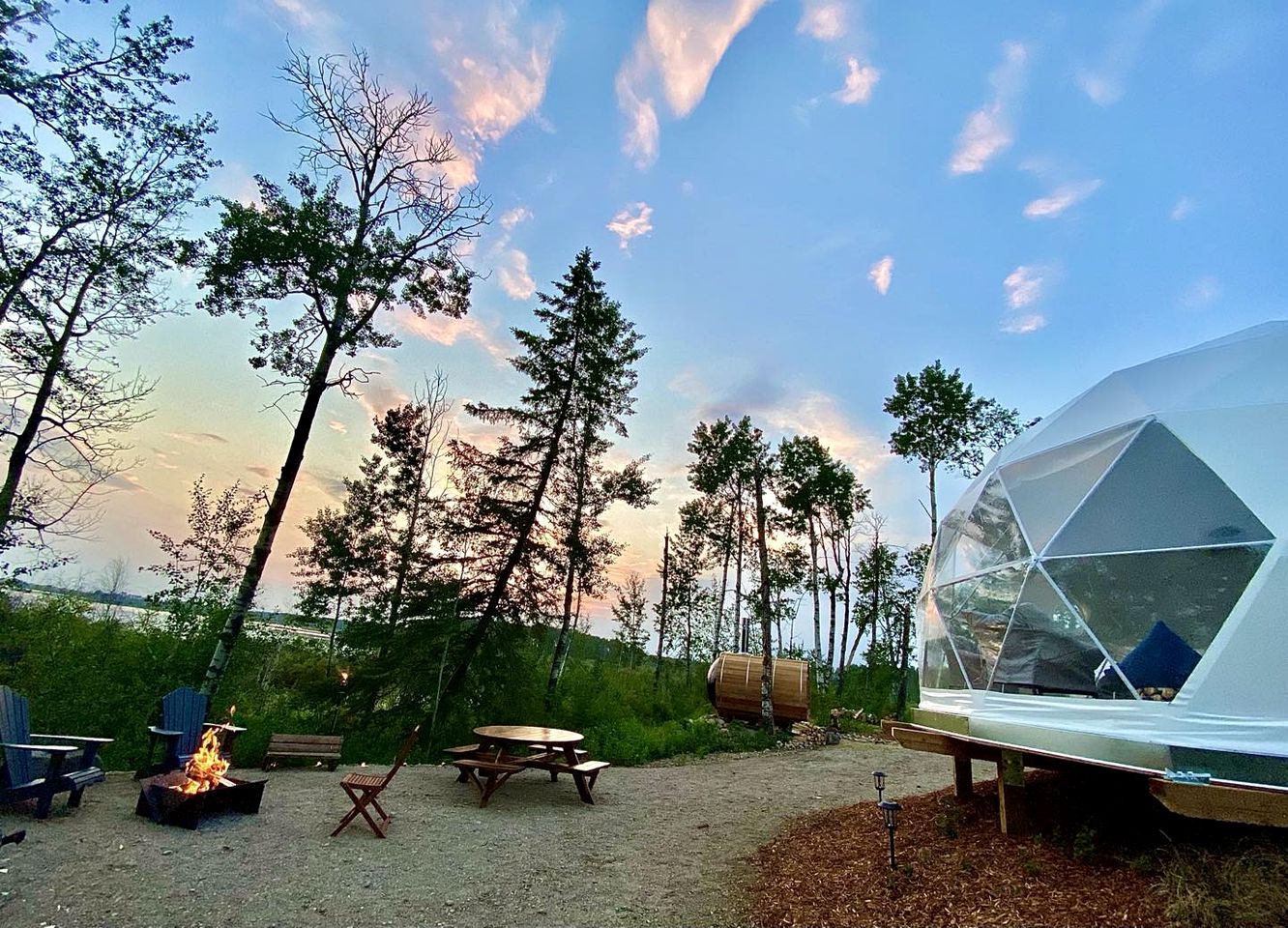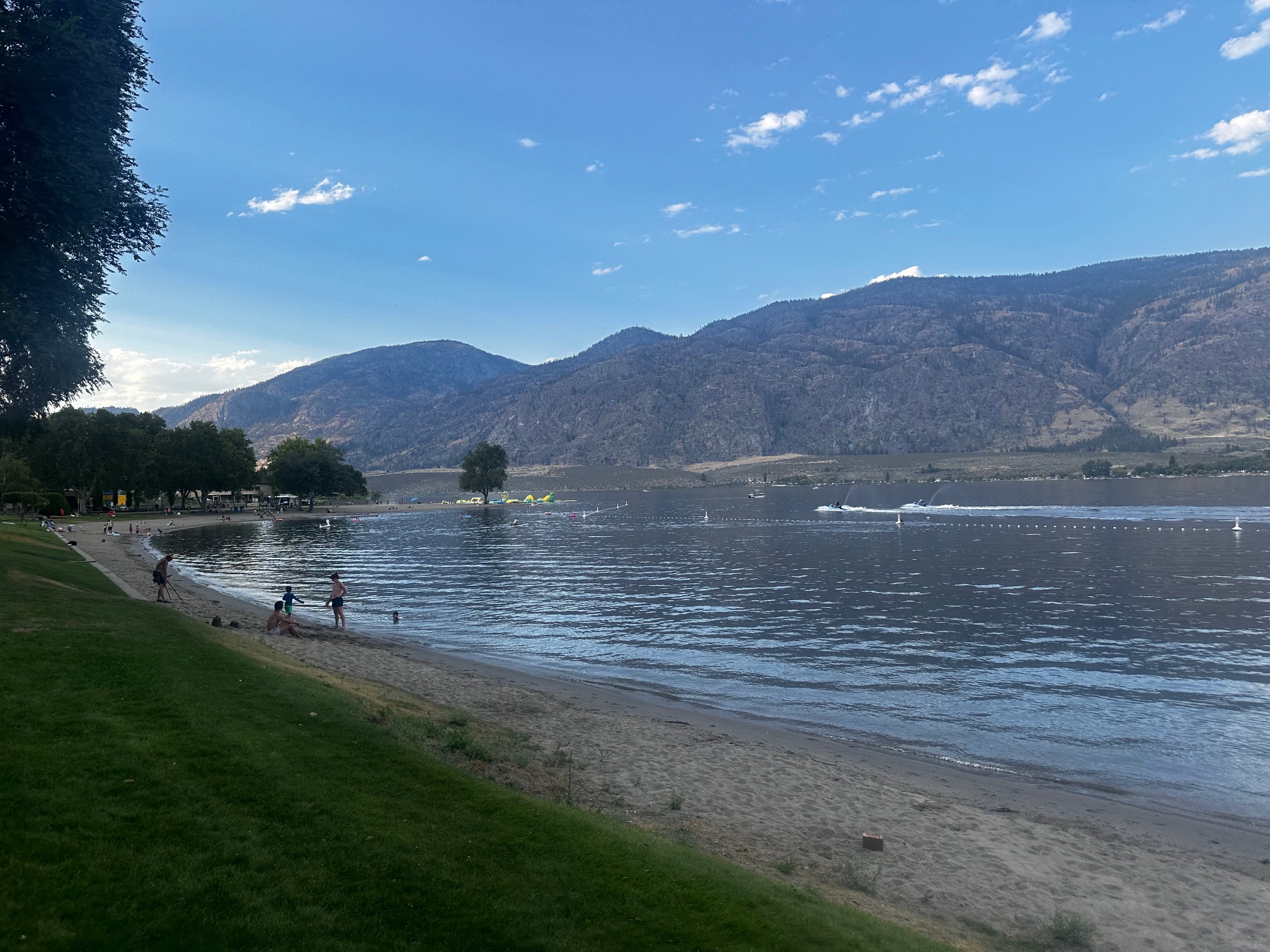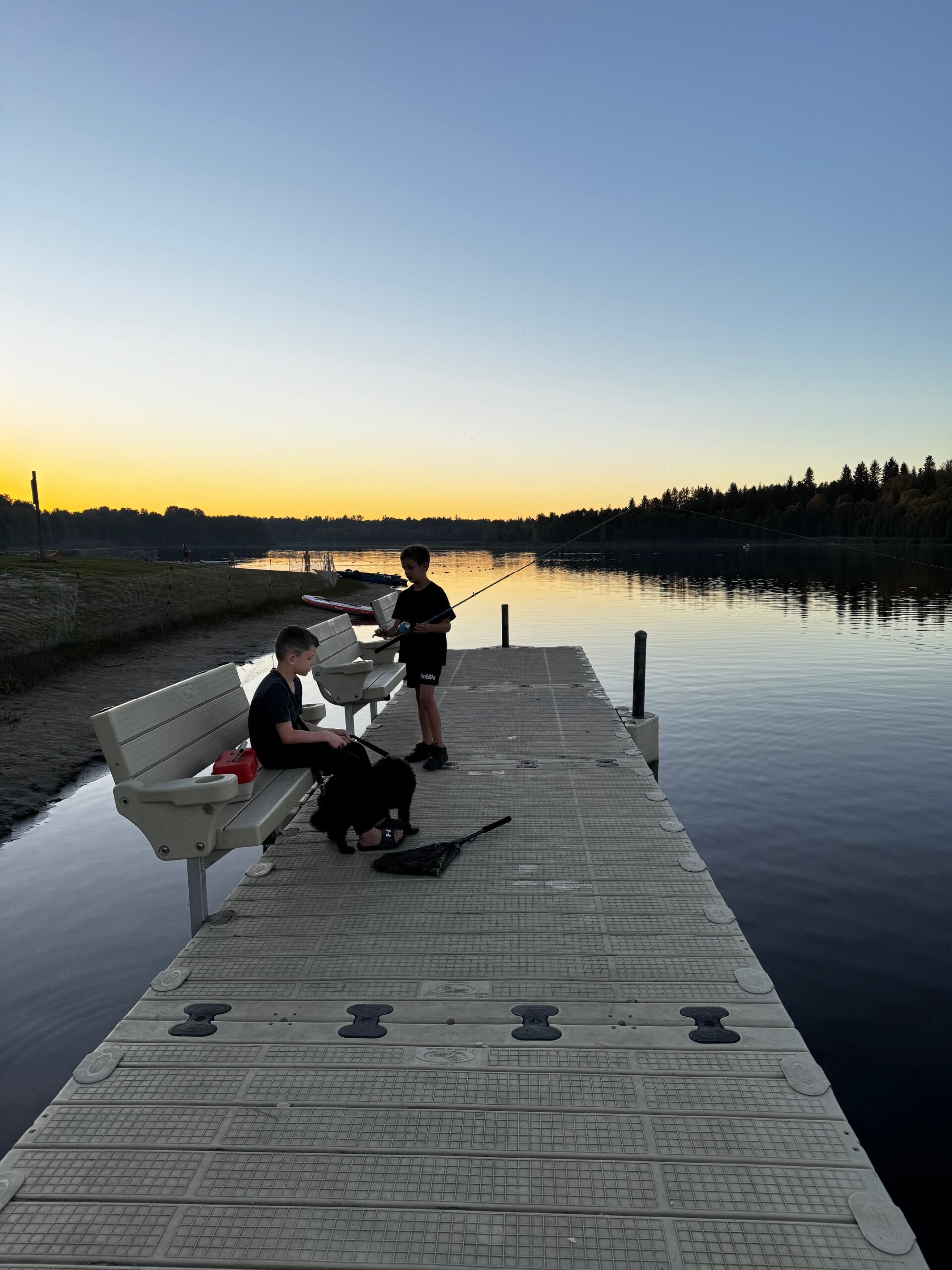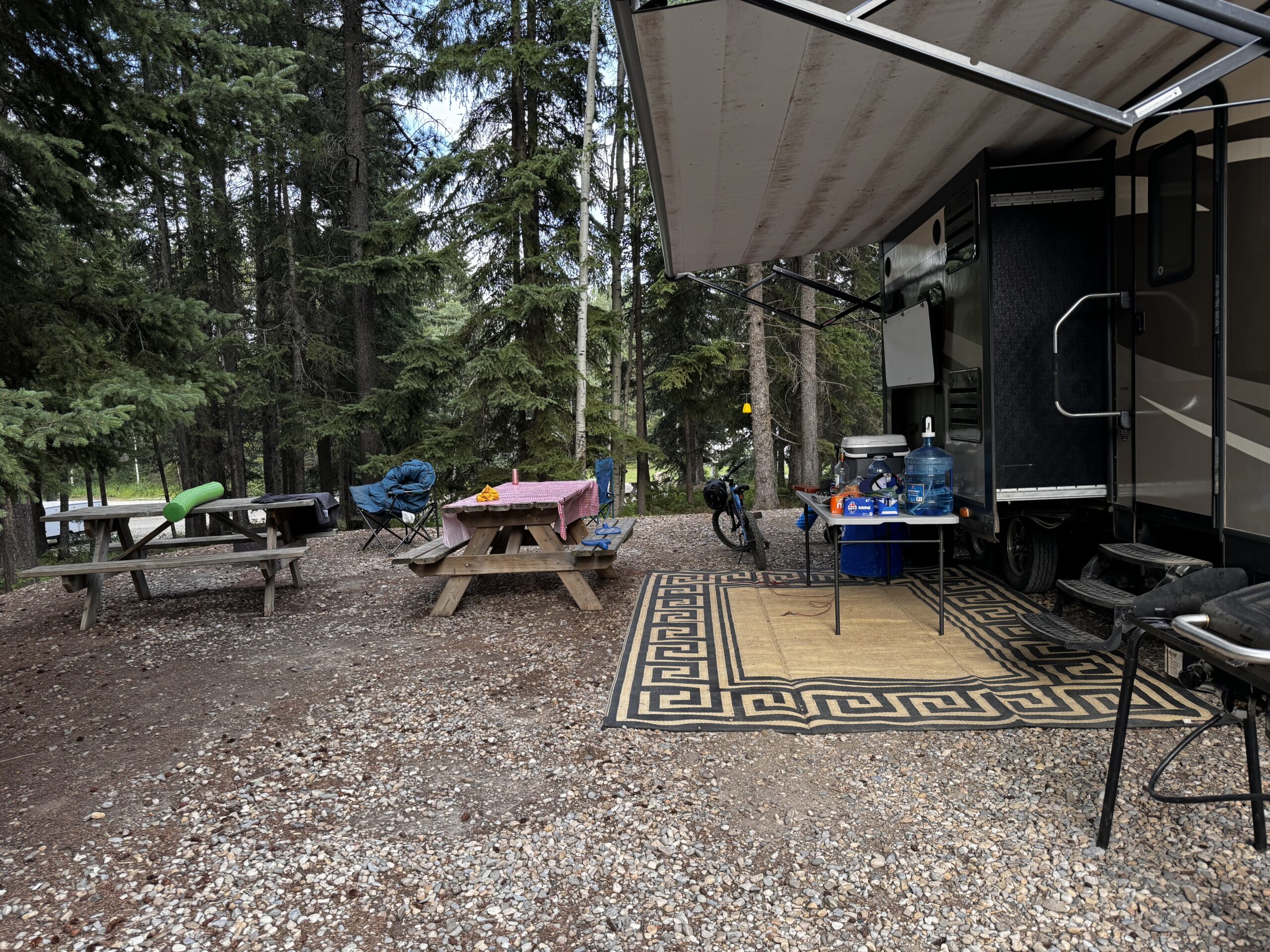Camping has evolved significantly over the past few years. What was once a simple activity involving tents and campfires has now expanded into a diverse industry that includes outdoor resorts and various forms of outdoor hospitality. As more people seek to reconnect with nature, understanding the latest trends can help campground businesses in this sector stay competitive and attract more guests.
The Rise of Outdoor Hospitality Resorts
Outdoor hospitality resorts are becoming increasingly popular. These establishments offer a blend of nature and luxury, providing guests with amenities such as comfortable beds, private bathrooms, and Wi-Fi. Unlike traditional camping, outdoor resorts cater to those who want to experience the great outdoors without sacrificing the comforts of home. This trend has been particularly appealing to families and older adults who may not be interested in roughing it.
Glamping: Glamorous Camping
Glamping is another trend that has taken the outdoor hospitality industry by storm. This form of camping combines "glamour" and "camping" to offer a unique experience. Glamping sites often include stylish tents, geodomes, yurts, or even treehouses equipped with high-end furnishings and amenities. This trend attracts a wide range of customers, from young couples looking for a romantic getaway to tech-savvy individuals wanting to share their experiences on social media. Tranquility, luxury and convenience are the main reasons glamping is appealing to this specific subset of leisure travelers. The demand for Glamping resorts has grown significantly for higher income demographics. Glamping offers the camping experience without the commitment of buying expensive camping gear. With this in mind, you can cater your outdoor hospitality business to retain a loyal subset of leisure travelers.

Glamping near Cherhill, Alberta
Barriers to Camping
Understanding the most common barriers and motivations to camping will give you a competitive edge on how you can attract and retain loyal leisure camping travelers.
Here are some of the most common camping barriers:
- Safety and security concerns. Theft, food safety and animals are some reported concerns. Lock boxes, fridges and animal resistant garbage cans are some strategies to help alleviate these concerns.
- Overcrowding. Overcrowded campgrounds deter many prospective campers. Preserving existing vegetation (thus creating privacy) is important factor during the campground design process. Partnering with an experienced civil engineer during the campground design phase will ensure you can maximize your development while remaining compliant with bylaws and other governing bodies.
- Financial constraints. Many people are experiencing financial hardships due to inflation and rising interest rates. Offering different price points (tiered pricing based on campsite location) or incentives for extended stays may help with budgetary concerns.
- Did not have the right travel gear. Spending cash on camping gear when you are not ready to commit to this hobby is a major deterrent for first time campers. See glamping.
- Bugs and pests. Wasps, mosquitoes, flies, and ticks can be a nuisance for camping enthusiasts. Spraying for mosquitoes every year will have a subtle but important role in maximizing the camping experience.
- Work obligations. Quality wi-fi access can play an important role for people who want to extend their stay and maintain their work obligations.
- Lack of interest in camping and or had a negative camping experience. Offering a variety of services for the prospective camper will cast a wide net and offer a positive experience. Kids camps, parades, unusual ice cream flavors, water fights, movie nights, food trucks, chili cook-offs, kayak rentals, and firewood delivery service are simple but effective ways to create positive camping experiences.
Blended Travel
Blended travel is a newly emerging trend where an estimated 80% of campers are blending camping with other travel forms, such as stays at hotels or Airbnb and incorporating air travel. There is currently limited research on this trend.

A recent trend in outdoor hospitality is "blended vacations". Most recently, we camped at Wood Lake RV Resort near Kelowna, BC for one week and then stayed at Watermark Beach Resort in Esoyoos, BC for the second week (photo).
Sustainable Camping
Sustainability is a growing concern for many campers. As a result, eco-friendly camping options are on the rise. Many outdoor resorts and campsites are now offering more sustainable accommodations such as solar power. Additionally, these establishments often encourage practices such as recycling, composting, and conserving water. Low flow showers, composts, rain harvesting and electric vehicle charging stations of some of the latest outdoor hospitality features that promote sustainability. By promoting sustainability, campground businesses can attract environmentally conscious guests and contribute to the preservation of natural landscapes.
Technology Integration
While camping is often seen as a way to disconnect, technology still plays a significant role in the modern camping experience. Many outdoor resorts now offer high-speed internet and charging stations to cater to guests who wish to stay connected. Apps and online platforms are also being used to enhance the camping experience. For example, campers can use apps to find nearby hiking and biking trails, check weather conditions and find information about a nearby attractions. Technology can also ease the reservation process for both the owner and leisure traveler. With options to book campsites online, you can remove some time-consuming pain points for your customer.
Family-Friendly Amenities
Another trend in outdoor hospitality is the focus on family-friendly campground amenities. Many campsites and outdoor resorts now offer activities and facilities designed to keep kids entertained. This includes playgrounds, swimming pools, hot tubs, jumping pillows, petting zoos, horseback riding, and organized activities such as nature walks and craft sessions. By offering family-friendly options, businesses can attract a broader audience and encourage repeat visits.

Fishing at Spring Lake RV Resort near Stony Plain, Alberta
Health and Wellness Programs
With the increasing focus on health and wellness, many outdoor resorts are incorporating wellness programs into their offerings. These can include yoga classes, guided meditation, and spa services. By promoting health and wellness, these establishments can attract guests looking to relax and rejuvenate in a natural setting.
The Path Forward
Understanding these trends can help businesses in the camping and outdoor hospitality sector stay ahead of the competition. By incorporating elements such as luxury accommodations, sustainability, technology, family-friendly amenities, and wellness programs, businesses can design their campground businesses to offer a more appealing and diverse range of options to their guests.
If you are looking for experienced civil engineering company to guide you through the Alberta campground development process, be sure to engage with Bolson Engineering and Environmental Services. We will be happy to consult with you as your trusted engineering partner.

